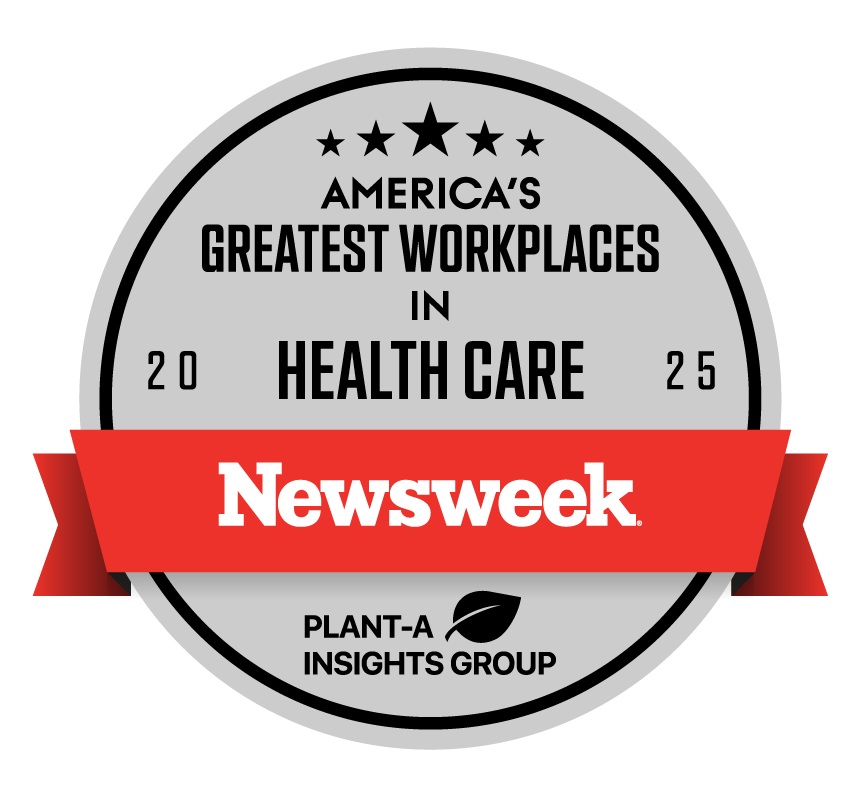When it comes to addiction, stigma still runs deep. It shows up in the glances people give, the assumptions they make, and the words they use. Words can carry judgment, shame, and misunderstanding but also hope, dignity, and healing.
For those living with substance use disorder, language can equate to identity. That’s why the way in which we talk about addiction matters.
Understanding the Weight of Stigma in Addiction Recovery
Stigma refers to the negative attitudes, beliefs, or stereotypes society assigns to certain people or conditions. When it comes to addiction, stigma often paints a person as morally flawed, weak-willed, or beyond help. This couldn’t be further from the truth.
Addiction is a chronic brain disease, not a failure of character. Still, outdated language and cultural misconceptions continue to shape how people with substance use disorders are viewed and treated. This stigma can make it harder to seek treatment, get support, or even admit there’s a problem in the first place.
It can also lead to discrimination, social isolation, and shame, all of which make recovery even more challenging.
How Stigmatizing Words Cause Harm in Addiction Recovery
Sometimes, stigma is obvious. Other times, it hides in everyday words:
- “Addict”
- “Junkie”
- “Substance abuser”
- “Dirty” or “clean” to describe drug test results
- “Habit” instead of a medical diagnosis
These words may seem normalized or familiar, but they reduce a person to their condition. They strip away humanity and reinforce damaging stereotypes. When healthcare providers, media outlets, or even loved ones use those words, they can deepen feelings of shame and push people further away from the help they need.
Why Person-First Language Makes a Difference
Language that focuses on the individual, not the disorder, helps dismantle stigma. It recognizes that a person is more than their diagnosis and deserves to be treated with dignity.
Instead of saying:
- “Addict,” try “a person with a substance use disorder.”
- “Clean,” say “in recovery” or “abstinent from substance use.”
- “Substance abuse,” use “substance misuse” or “substance use disorder.”
These small changes help create space for healing. They remind people that they’re not defined by their past or illness but by their resilience, progress, and potential.
How Stigma Interferes with Addiction Recovery
Shame is one of the most powerful roadblocks to recovery. It can cause individuals to internalize stigma, believing they’re unworthy of help or incapable of change. This self-stigma leads to hopelessness, isolation, and ongoing substance use as a way to cope.
Worse, when people fear being judged by medical professionals or loved ones, they may avoid seeking care altogether. Recovery requires vulnerability, courage, and connection, none of which can thrive in a judgmental environment.
Breaking down stigma makes it easier for people to access treatment, speak openly about their struggles, and stay engaged in long-term recovery.
What You Can Do to Change the Narrative
The good news is we all have the power to make a difference, starting with our words.
- Educate yourself. Addiction is a medical condition, not a moral failing.
- Use person-first language. Put the person before the diagnosis.
- Avoid stereotypes and labels. Everyone’s recovery journey is different.
- Correct gently. If someone uses stigmatizing language, offer a kinder alternative.
- Lead with empathy. When in doubt, ask yourself if your words would uplift someone struggling or make them feel inferior.
Use Healing Words
Language can shape beliefs, influence behavior, and change lives. For people in recovery, the right words can instill hope, rebuild self-worth, and inspire persistence in the face of setbacks. The wrong words can do the opposite.
Let’s use our words with intention, speak with compassion and clarity, and create a culture where recovery is possible.
If you or someone you love is living with a substance use disorder, Spectrum Health Systems is here to help. Call us today at 1-877-MyRehab.



